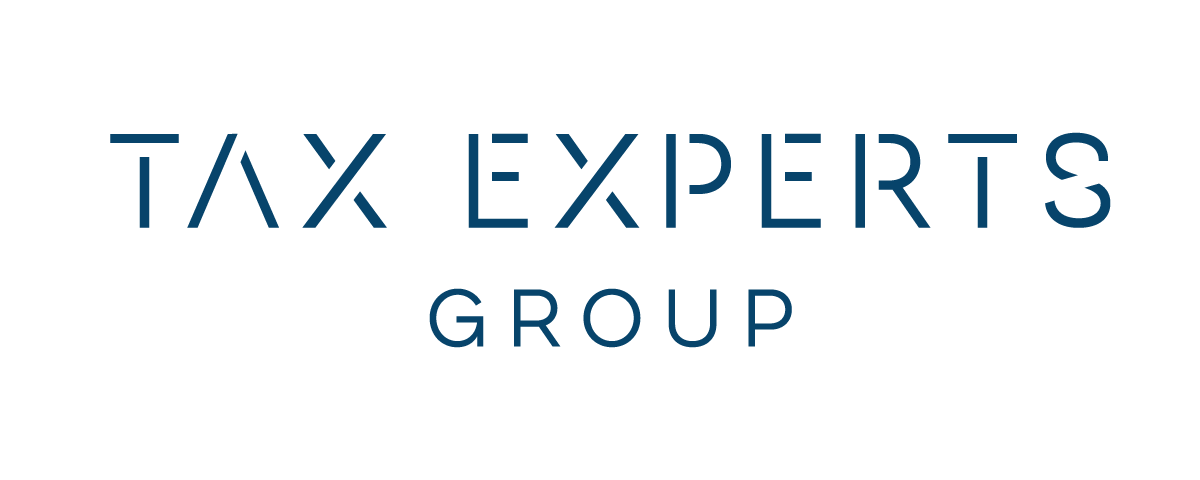Private Equity and Venture Capital Funds – The AKES case in Greece
At a glance
- Establishment of a private equity/ venture capital fund through A.K.E.S (Closed-End Venture Capital Mutual Fund) framework
- Minimum Assets at €3,000,000
- Not a legal entity
- Tax-transparent for Greek and foreign unitholders
- Many funds have been incorporated with the participation of HDBI (Hellenic Development Bank of Investments)
Introduction and Definition of A.K.E.S.
The expansion of venture capital markets is crucial for the development of new businesses and the creation of jobs. For this reason, a more flexible form of venture capital operation was introduced into the Greek legal system, the Closed-End Venture Capital Mutual Fund (A.K.E.S.)
A.K.E.S. is not a legal entity but a pool of assets which are jointly owned by individuals or legal entities (unitholders). The exclusive scope of A.K.E.S. is to invest in non-listed companies via participation in share capital or buying debt. The fund must be wound up no later than 20 years after the establishment date.
This institutional and tax framework (under L. 2992/2002, hereinafter “the Law”) can promote venture capital activity and simultaneously reduce the dependency of fast-growing businesses on financing through borrowing from banks.
Hellenic Development Bank of Investments (HDBI)
Although, this tax framework has been established for more than 20 years, there is a huge increase of new funds due to HDBI.
Specifically, HDBI operates as Fund of Funds, by investing in venture capital and private equity funds that target sectors like technology, sustainability, and innovation, as its primary objective is to stimulate economic growth, create jobs, and foster innovation through strategic investments.
The last 4 years, HDBI has successfully leveraged its resources to attract €2.1b in total capital and by now has committed more than €600m across 26 investment vehicles.
Minimum Requirements
On the date of execution of the establishment agreement, the minimum assets is at €3,000,000, and the minimum participation of each shareholder is at €150,000. According to the terms specified in the establishment and management agreement, partial payment of the unitholders’ capital commitment is allowed; however, the initial payment must not be less than €50,000.
The establishment agreement may also outline conditions and procedures for increasing the capital commitment of AKES’s through additional contributions from the existing unitholders or the inclusion of new unitholders.
Investments
The Law provides for A.K.E.S to participate in the type of investments listed below:
- Equity: Investments in share capital of non-listed companies registered in Greece.
- Convertible Bonds: Investments in bonds that can be converted into shares of the issuing company.
- Profit-Linked Bonds: Investments in bonds that offer rights to a percentage of the issuer’s profits or other benefits tied to the issuer’s production or activity level.
- Pre-Listing Equity Participation: Investments in companies whose securities later become listed on a stock exchange, with a requirement to divest within five years from IPO.
Taxation
Greece provides tax incentives for foreign investors, particularly when investing through A.K.E.S. When investors acquire units of an A.K.E.S., they are not considered residents of Greece and do not need a permanent establishment in the country. Additionally, both the agreements for establishing and managing the A.K.E.S. and the payment of investors’ contributions are exempt from any Greek taxes.
According to the Law, the A.K.E.S. ensures fiscal transparency as a pass-through vehicle, operating as a separate pool of assets under specialized management. Actually, the A.K.E.S. itself is not subject to any taxes; instead, shareholders are taxed on the income derived from their status as co-owners or co-beneficiaries of the A.K.E.S.’s assets.
In practice, when the A.K.E.S. earns income, such as dividends or interest, or realizes a capital gain from selling an investment, this income is immediately and automatically recognized on the name of unitholders.
Supervision and reporting obligations
The establishment of an A.K.E.S. does not require a special license issued by the Hellenic Capital Market Commission (HCMC) or other regulatory authority. This fact makes the establishment process simpler and more accessible for investors. However, there are strict rules governing the operation and management of the A.K.E.S., including AML procedures, ensuring transparency and security of investments.
Regarding the reporting obligations, the fund manager must prepare semi-annual and annual reports, respectively. The annual report must include at least:
- A detailed list of Fund’s investments, on their acquisition cost, cash and cash equivalents, any receivables and liabilities, and the calculation of Fund’s Net Asset Value (NAV).
- A detailed account of profit/loss, including income by category, gains or losses from the sale of investments, and expenses by category.
- Information on distributed profits and retained earnings.
- Any change in the identity of unitholders.
The semi-annual and annual report are prepared by the fund manager and shall be filed with the HCMC, which supervises the operation of A.K.E.S.
The AKES establishment agreement may also provide for further reporting obligations and audit of the financial statements.










